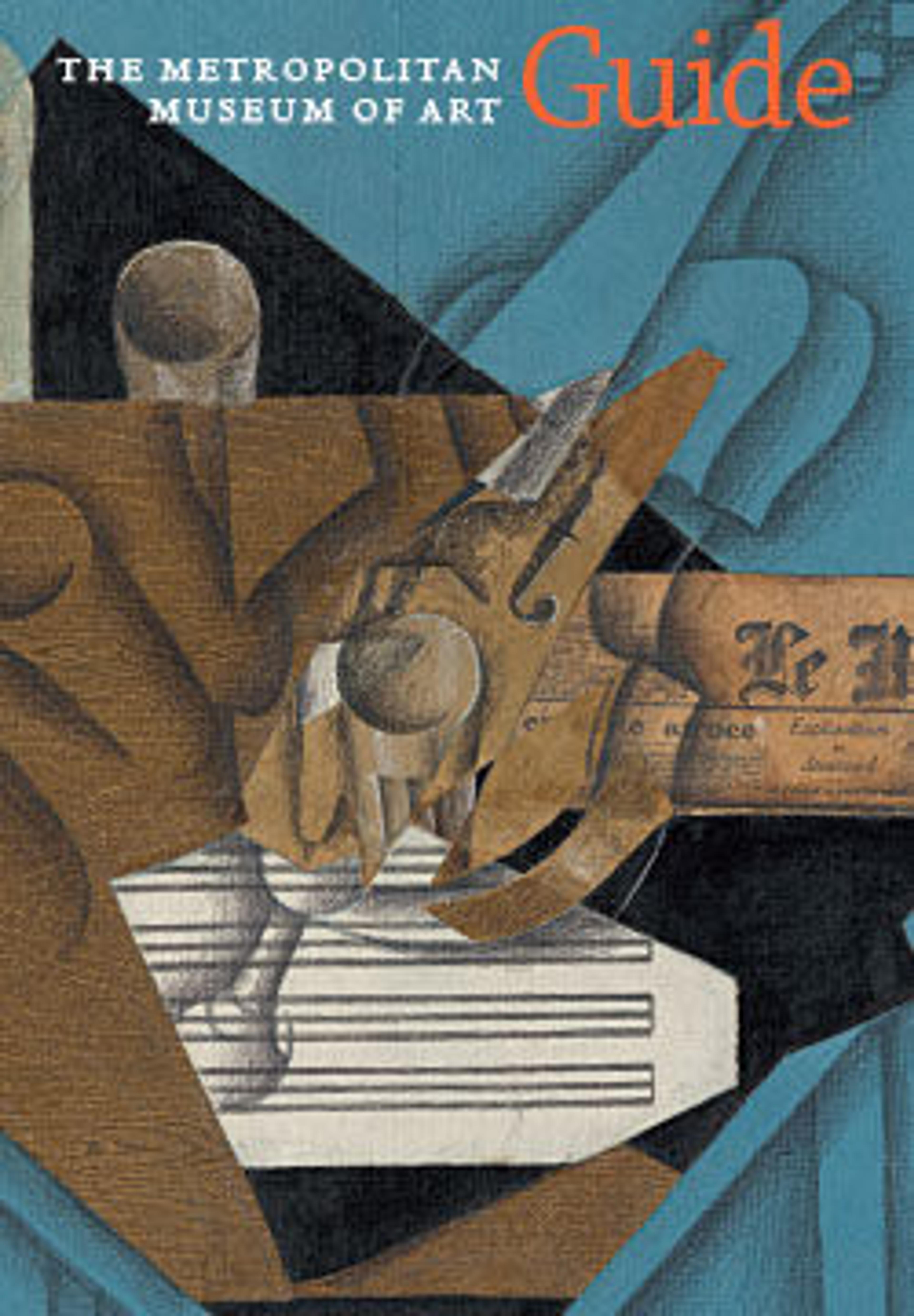Lotiform Chalice
Here, against a background of water filled with fish, papyrus clumps and water reeds, the marshes are evoked as a magical environment: the central register shows a man with a calf or cow over his shoulders, a huge water bird, and a horned animal all riding along in a light papyrus skiff without tipping in the least, while in the top register another man separates a horned animal and a huge bull with his bare hands.
Artwork Details
- Title: Lotiform Chalice
- Period: Third Intermediate Period
- Dynasty: Dynasty 22-25
- Date: ca. 945–664 B.C.
- Geography: Said to be from Middle Egypt, Tuna el-Gebel region; From Egypt
- Medium: Faience
- Dimensions: H. 14.5 cm (5 11/16 in.)
- Credit Line: Purchase, Edward S. Harkness Gift, 1926
- Object Number: 26.7.971
- Curatorial Department: Egyptian Art
Audio
3485. Overview: Faience Chalices, Part 1
MARSHA HILL: My name is Marsha Hill. I'm a curator in the Egyptian art department. The decorated relief chalices that you see here on the table in front of you, the very bright blue one and the faded one next to it, are what we call faience relief chalices and are characteristic of the Third Intermediate Period, which is 1070-664 B.C. They show a wide variety of relief scenes that are all, in one way or the other, part of a cycle of myths, legends, and stories connected with a birth of a god in the marshes. And that god is identified with the king.
In fact, a little broken plaque at the bottom of the table, in front of the chalices, shows you the central scene in this whole cycle. You see a goddess nursing an infant against a background of papyrus. The Egyptians associated all of these beautiful little faience objects with the Egyptian midsummer New Years, which was just before the waters of the inundation receded. And the new growth could begin and new birth.
MIKE NORRIS: To hear more about the imagery on these chalices, press play.
Listen to more about this artwork
More Artwork
Research Resources
The Met provides unparalleled resources for research and welcomes an international community of students and scholars. The Met's Open Access API is where creators and researchers can connect to the The Met collection. Open Access data and public domain images are available for unrestricted commercial and noncommercial use without permission or fee.
To request images under copyright and other restrictions, please use this Image Request form.
Feedback
We continue to research and examine historical and cultural context for objects in The Met collection. If you have comments or questions about this object record, please contact us using the form below. The Museum looks forward to receiving your comments.
